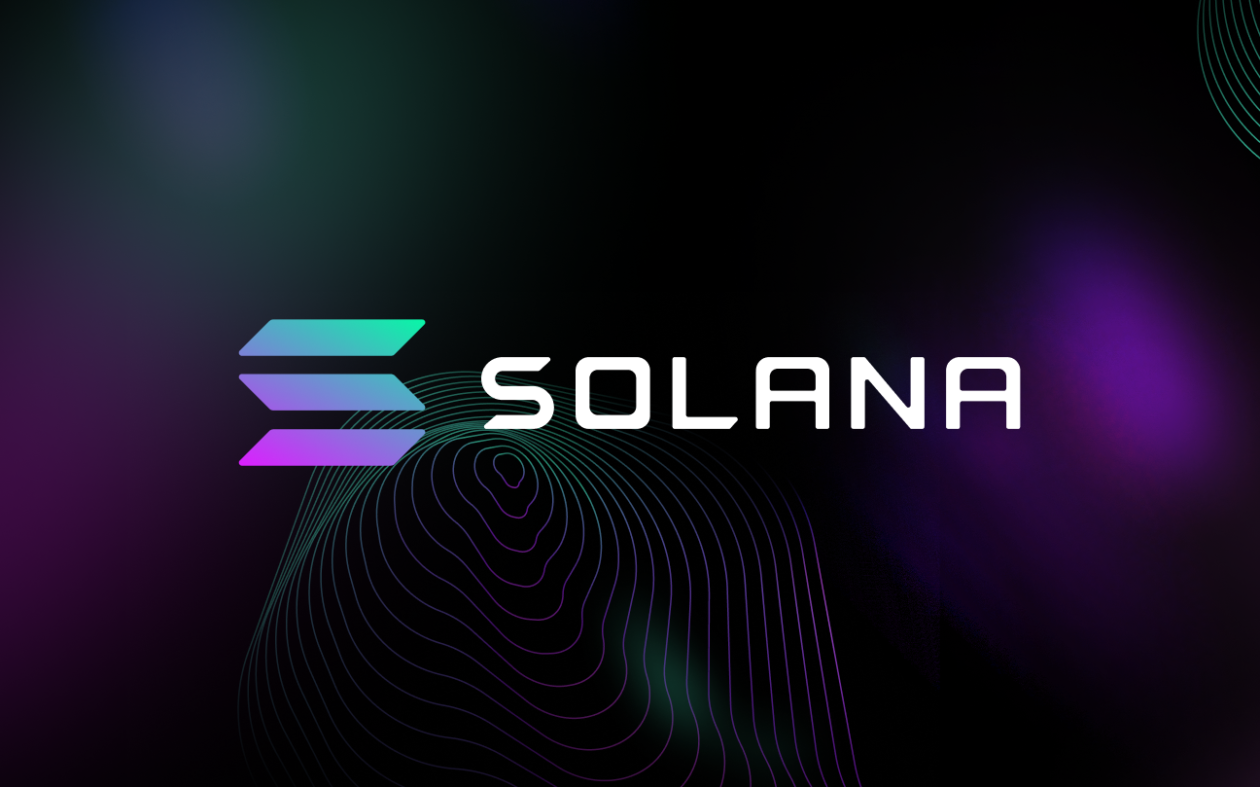|
Getting your Trinity Audio player ready...
|
The Solana blockchain, known for its speed and scalability, took a major tumble on February 6th, experiencing a network outage that halted block production at 10:22 UTC. This isn’t the first time the network has faced such issues, raising concerns about its stability and potential long-term impact.

What Happened?
The outage caused block progression to grind to a halt, leaving users unable to conduct transactions. While the exact cause remains under investigation, core engineers and validators are actively working to diagnose and resolve the issue.
Preparing for Restart:
Behind the scenes, validators are taking crucial steps to ensure a smooth recovery. These include:
- Building a fix: Developers are working on a software update to address the problem. Once tested and approved, validators will receive further instructions.
- Generating snapshots: Validators are creating backups of the network state at a specific point in time (slot 246464040) to ensure no transactions are lost during the restart process.
- Maintaining consistency: Validators are verifying the network’s state across the entire system to guarantee a unified restart point.
Impact and Concerns:
The outage has already started to ripple through the crypto ecosystem, with major exchanges like Upbit suspending deposits and withdrawals of Solana-based tokens. This incident further fuels concerns about Solana’s reliability, especially considering its history of similar outages.
Also Read: Is Solana Faking It? New Entity Raises Concerns About True Decentralization
While the Solana team works on a solution, the broader crypto community awaits news with bated breath. The successful restart and subsequent stability will be crucial for rebuilding trust and ensuring continued adoption. This event serves as a stark reminder that even high-profile blockchains are not immune to technical hiccups, highlighting the need for ongoing development and improvement in network resilience.
A lifelong learner with a thirst for knowledge, I am constantly seeking to understand the intricacies of the crypto world. Through my writing, I aim to share my insights and perspectives on the latest developments in the industry. I believe that crypto has the potential to create a more inclusive and equitable financial system, and I am committed to using my writing to promote its positive impact on the world.




